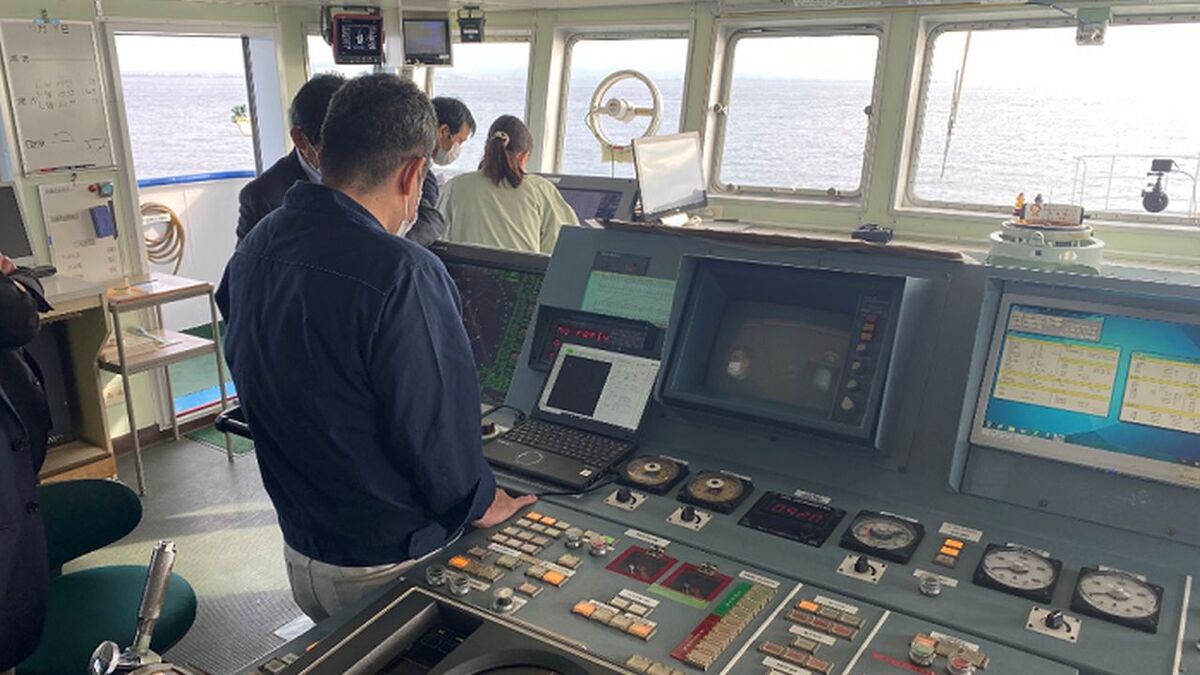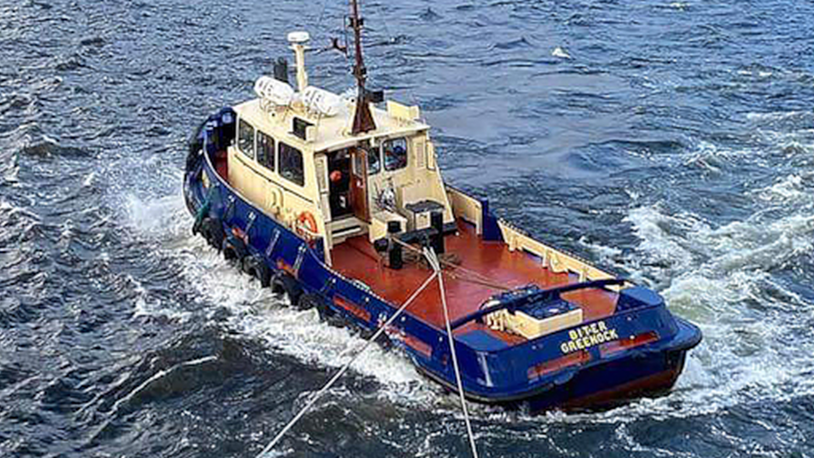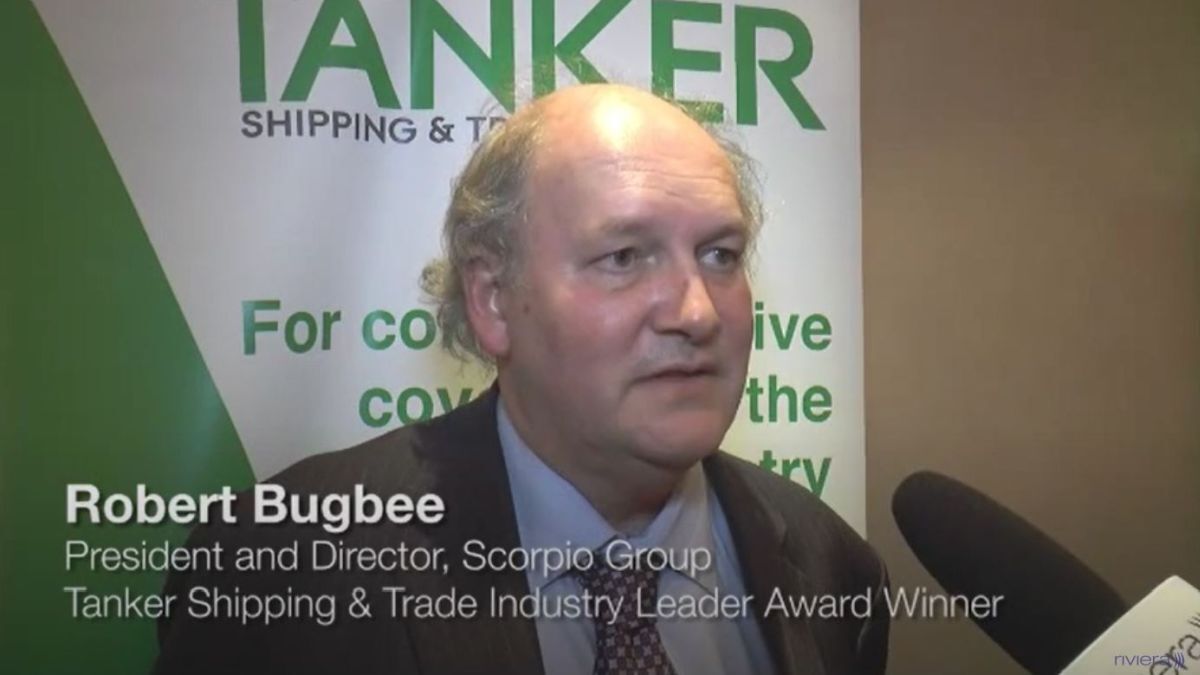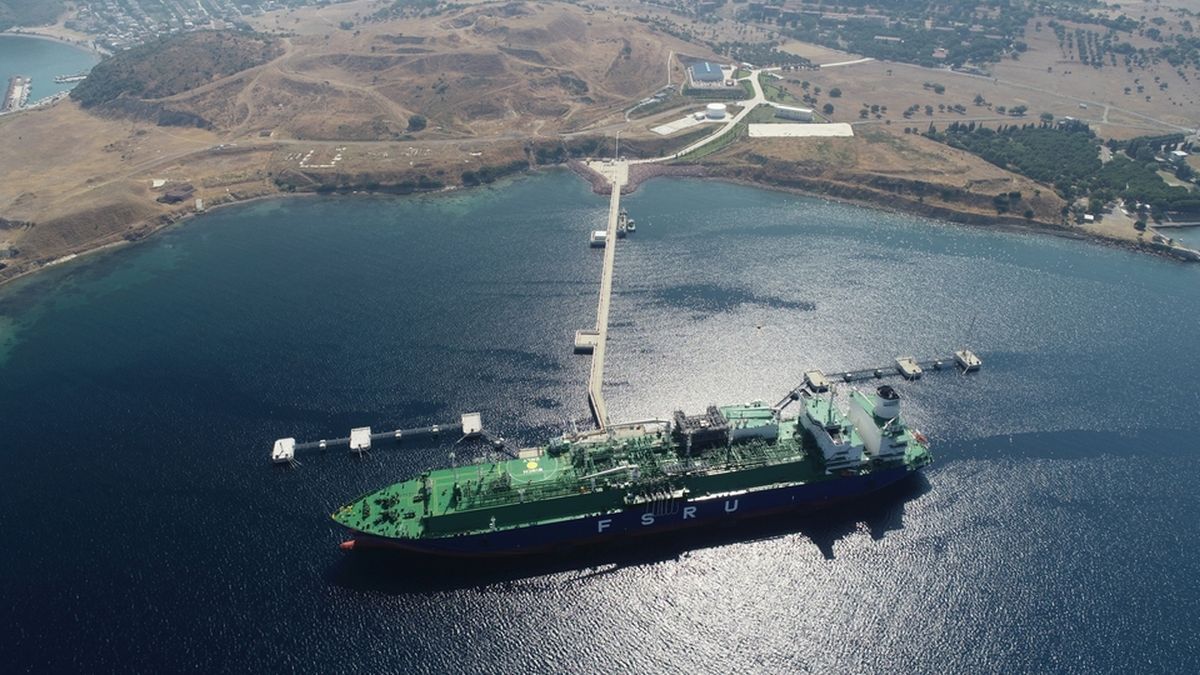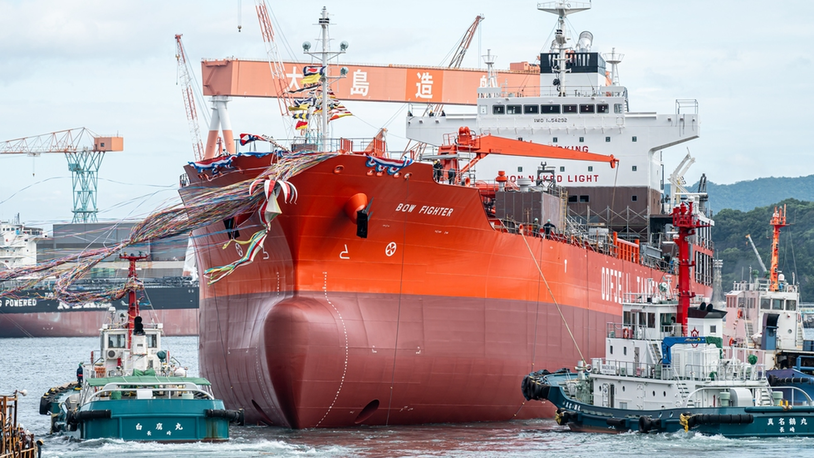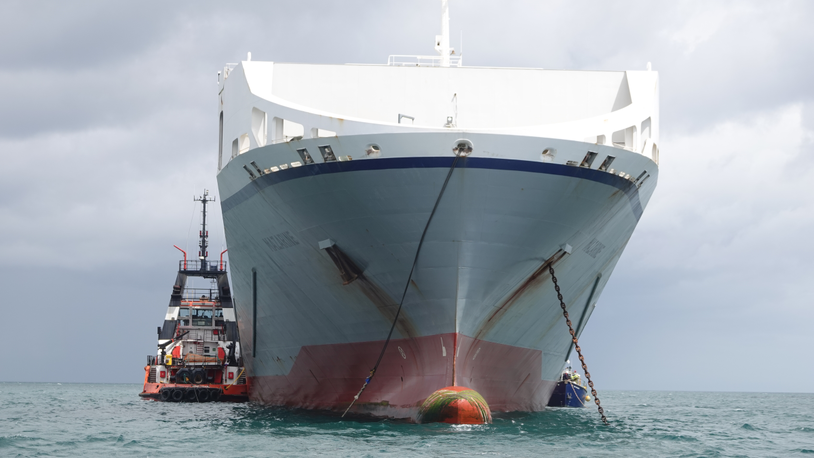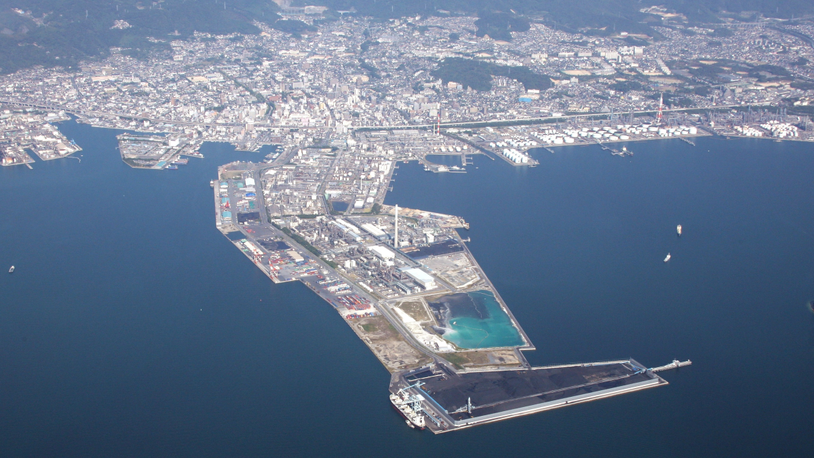Business Sectors
Events
Offshore Wind Webinar Week
Contents
NYK tests remote control and AI for safer navigation
Japan has taken a lead on developing remote tugboat operations and autonomous navigation technology through two successful demonstrations
NYK and Japan Marine Science (JMS) have collaborated on two research and development (R&D) projects with Japanese Government backing to trial remote navigation and collision avoidance on vessels.
In one ground-breaking project, NYK’s group companies MTI Co, Keihin Dock Co and JMS tested remote navigation of a tug in Tokyo Bay, as part of the Japanese Government’s Sea Trial Project on Remote Control Navigation, which seeks to realise autonomous shipping by 2025.
During this trail in December 2020, a manned tugboat operated by NYK’s Shin-Nippon Kaiyosha was remotely controlled from an onshore centre in the city of Nishinomiya in Hyogo prefecture almost 400 km away from the tug.
NYK said this was the second test of remote-control technology, following the first in January 2020 when collision avoidance and route planning was tested.
During the January test, an operator in the remote operation centre used sensors and cameras on the tug to recognise surrounding conditions. He used this information to create a route plan and action plan to avoid hazards.
In the December trials, the operator performed similar operations, but tested the response to malfunctioning equipment or interrupted ship-shore communications.
In that test, a signal was sent remotely to the tug to stop as quickly as possible. Another signal was sent to automatically navigate at a reduced speed until the next waypoint.
This tested safety functions, maintaining limited usage of the ship in hazardous situations, failure of onboard equipment or issues with ship-shore communications.
Also, during the trials, the operator tested optimising data communications functions and bandwidth for remote control. NYK said to ensure stable remote manoeuvring, the amount of communications need to be automatically adjusted.
For that reason, the transferring data package of radar return echo should be controlled according to available communication bandwidth, so this does not affect other data transmissions.
For remote control, it is necessary to monitor the position of the ship and nearby obstacles in real time, and communications interruption due to system overload has to be avoided.
- Dutch tug owner takes autonomous command punt
- Zero-emission, autonomous ships: vital links in the sustainable logistics chain
- POSH takes autonomous vessel lead
In separate trials, NYK group companies demonstrated collision avoidance navigation using artificial intelligence (AI).
MTI and JMS conducted demonstrations in Osaka Bay as part of an R&D project, selected by Japan’s Ministry of Land, Infrastructure, Transport and Tourism for its 2018 transportation research and technology promotion programme.
On 9 December, AI-assisted navigation was piloted in collaboration with Kobe University and Osaka Prefecture University.
The aim of this R&D was to develop an automatic collision avoidance system to determine safe and economical route selection in various circumstances. This is achieved by applying advanced AI, deep reinforcement learning and machine learning.
An autonomous program performed multiple voyage simulations to understand the optimal collision avoidance strategy.
“The AI navigation support system we are developing uses radar and Automatic Identification System (AIS) sensor information to recognise collision risks in ship navigation and automatically selects the optimal course,” said NYK.
The selected course is set as the target course of the autopilot, which automatically navigates a ship according to the course and speed set in advance, and in this case to avoid AIS targets. Experienced operators evaluated the AI navigation support system by using JMS’s ship-handling simulator.
This maritime demonstration was performed by connecting the AI navigation support system with the ship-manoeuvring system of Kobe University’s training ship Fukae Maru. Collision avoidance behaviours against other ships and obstacles during navigation in Osaka Bay were confirmed and evaluated.
Further development and testing of AI navigation are set for 2021 to develop this for larger ships and for testing the crewless autonomous vessels NYK is working on.
NYK and its group companies will also continue to develop remote control systems for larger vessels using accumulated knowledge from the two remote navigation tests.
Autonomous vessel and remote control technologies will be covered in Riviera’s series of webinar weeks and virtual conferences during 2021 - use this link for more details and to register for events
Related to this Story
Events
Offshore Wind Webinar Week
Maritime Decarbonisation, Europe: Conference, Awards & Exhibition 2025
Offshore Support Journal Conference, Americas 2025
© 2024 Riviera Maritime Media Ltd.


